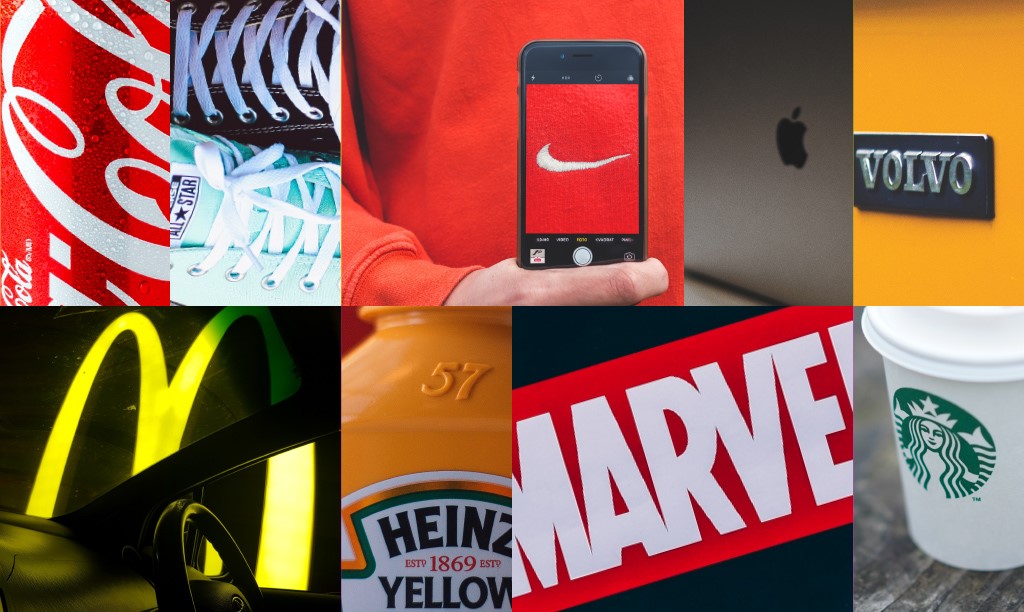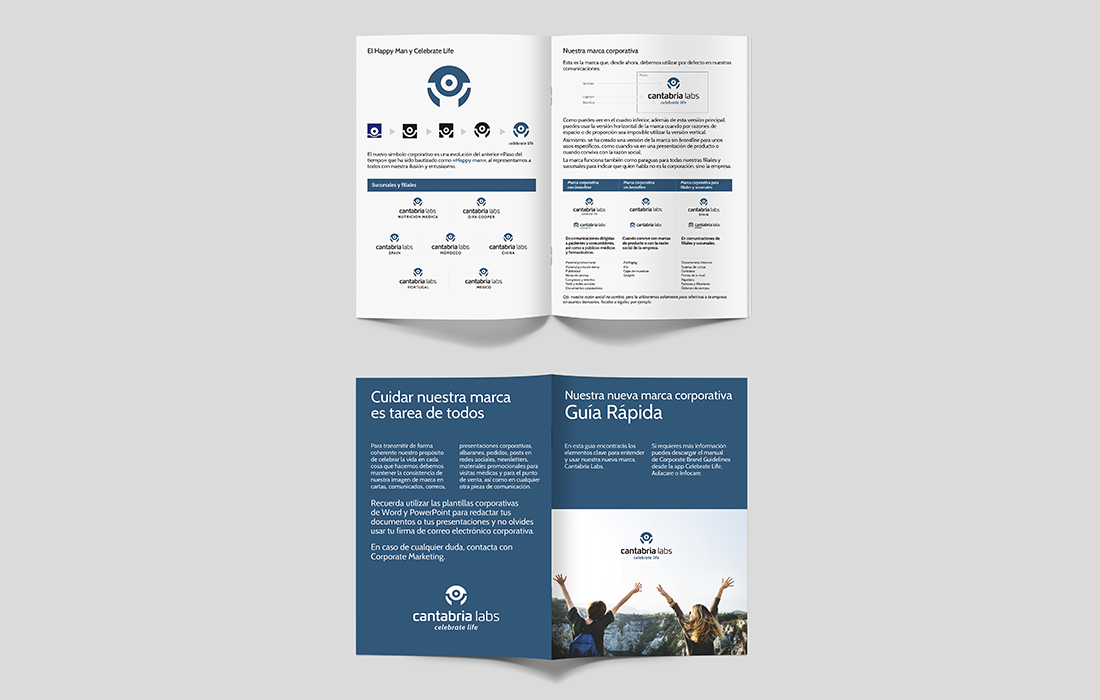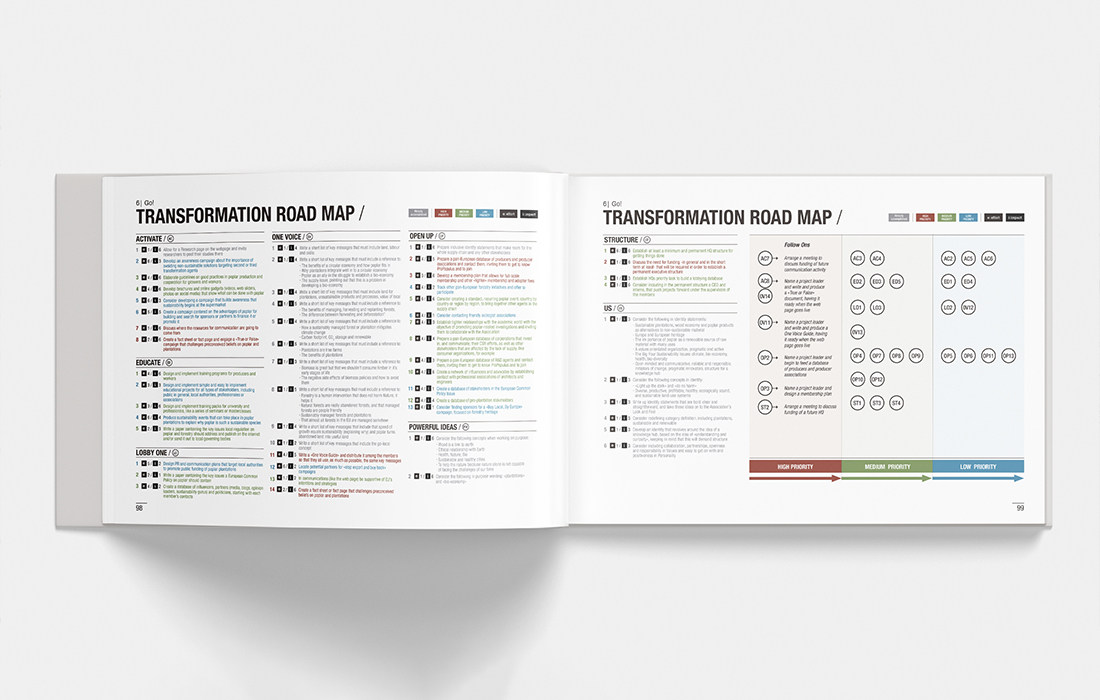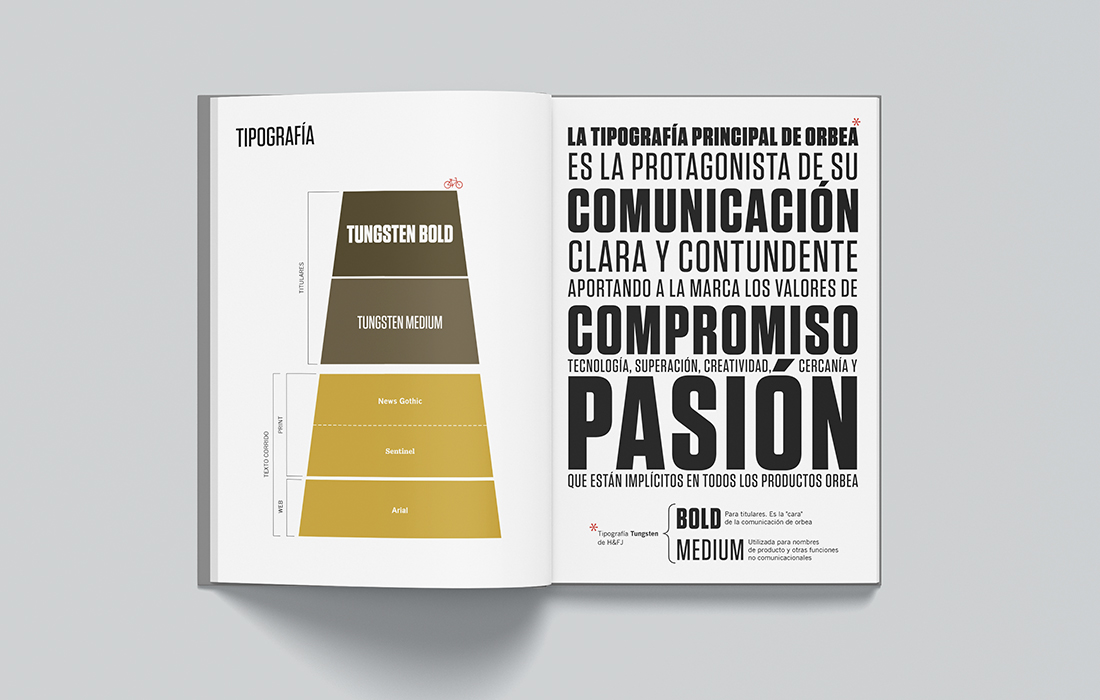
04 Jul To gain trust, a solid brand must be built
Team Whiplash, July 5, 2019
To gain trust, a solid brand must be built
Although recent research reveals that users, as citizens, distrust brands less than institutions –Government, administrations, political parties, banks, etc.–, it is also true that the crisis of customer confidence in organizations intensifies year by year, as revealed by the Edelman Trust Barometer or the Meaningful Brands study by Havas Group
Today it is not enough that products or services are solvent, that, is taken for granted. Currently, trust, that tacit agreement established between two acting agents, in this case user and brand, has become a much more complex concept that includes other elements beyond what is sold –whatever its nature is– fulfills the basic promise. If it doesn’t, let’s call the game over.
Trust between users and companies implies that the client wants to be certain that the brand is true to its word when it says, for example, that it is committed to sustainability, or to the LGTBI cause, now that on the occasion of the commemorative week 1969’s Stonewall events, most companies, large and small, have dressed their logos in rainbow suits. Building trust involves not only a speech, but also a way of doing things consistent with the story, from the conception of the product or service, to every daily task within the company: the way the company relates to its employees, production processes and how it projects them to the world. It involves all of it.
Just a fact, this year’s Edelman’s Trust Barometer points out that although 49% of users believe that companies have the possibility and the means to change the world having a real impact on the problems that afflict and worry society, the percentage that thinks they will not meet those expectations is higher. In addition, the same study points out that consumers expect brands to get involved with social causes, and they are doing so as we see in examples like Nike’s or Gillette’s just to mention some.
But something is not going right, since users perceive that most brands use their involvement with social or environmental issues more as a marketing strategy than as part of their duty towards society.
This is something that big companies are aware of, as they understand that brand building is not a cosmetic issue, that can be solved with a new logo or an image campaign, but a strategic matter, transversal to the whole company, and that is directly based on the purpose of the organization and its relationship with the world. Thus, regardless of the size, for any business venture building a strong brand on the basis of a purpose that transcends the product or service is essential both to win the trust and loyalty of consumers, and to become a legacy business.

























